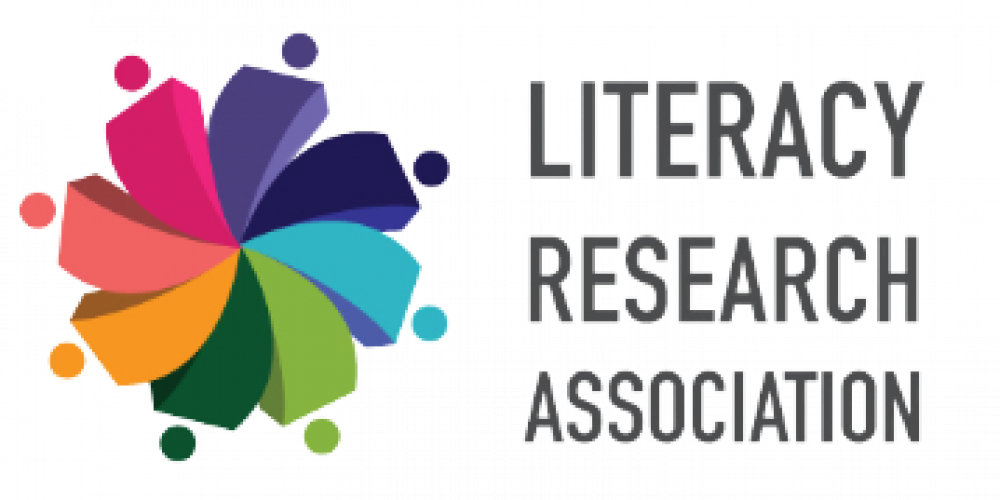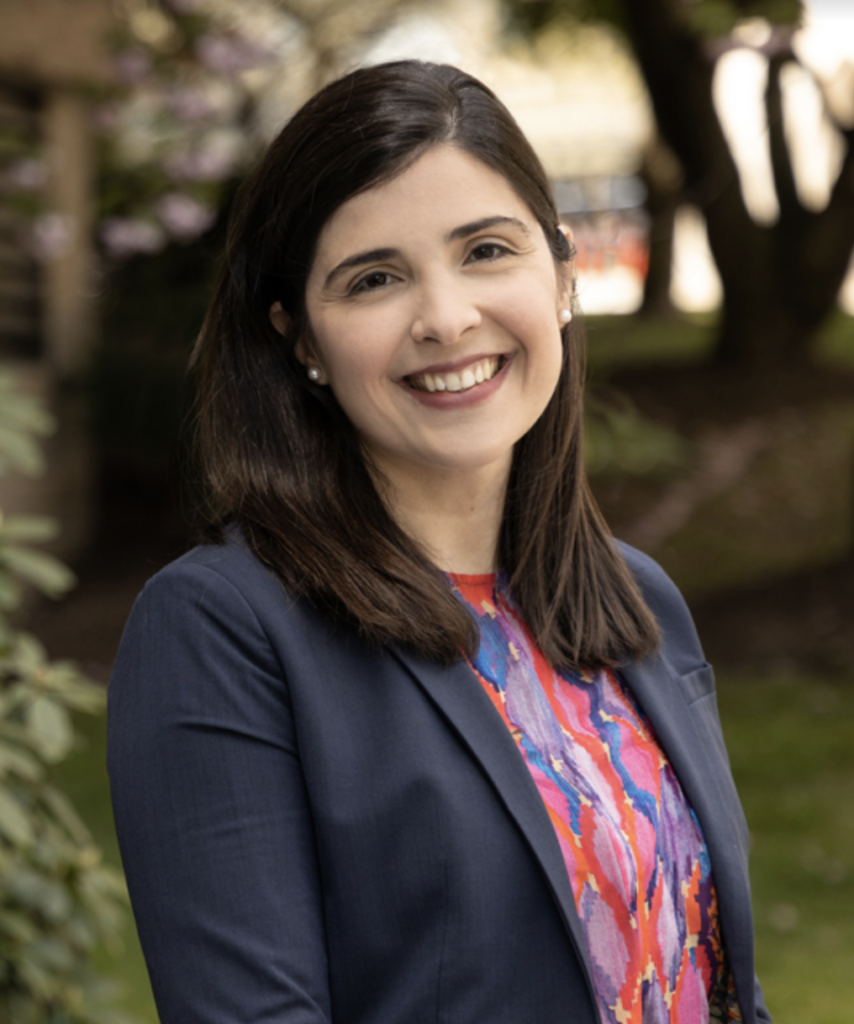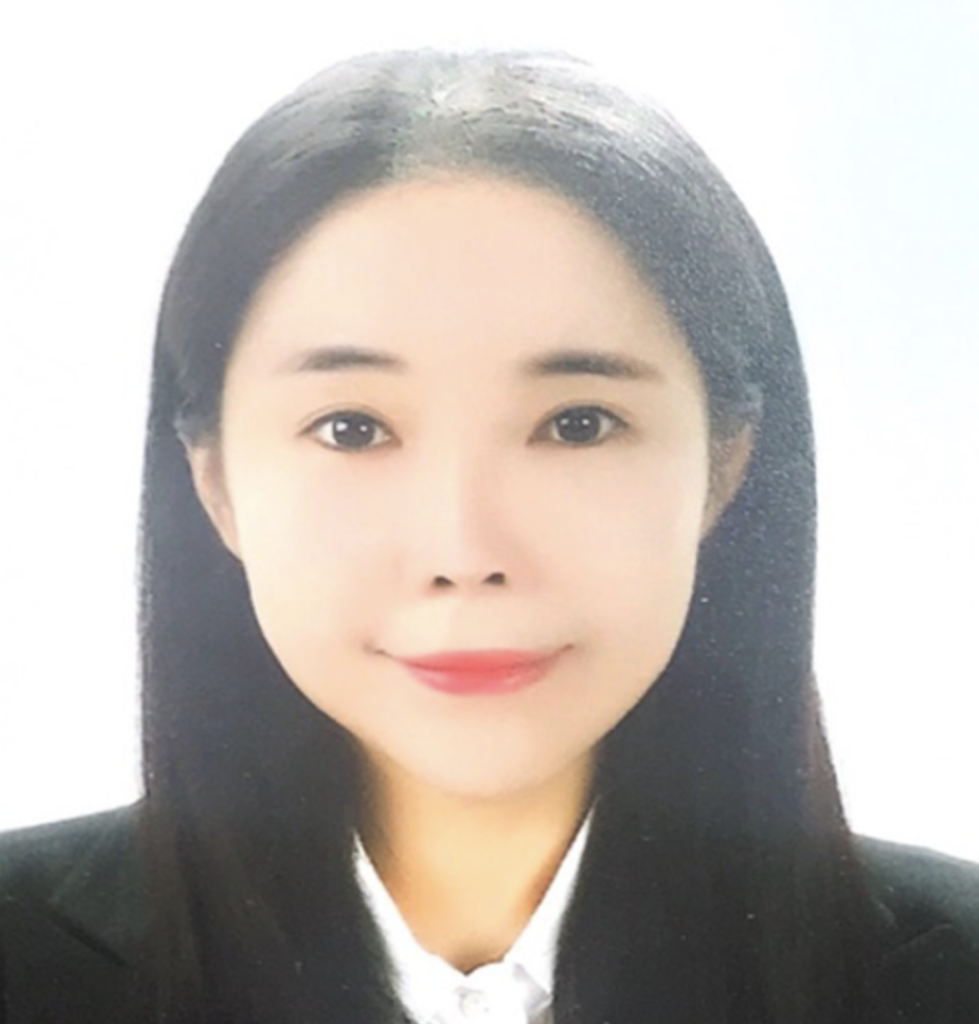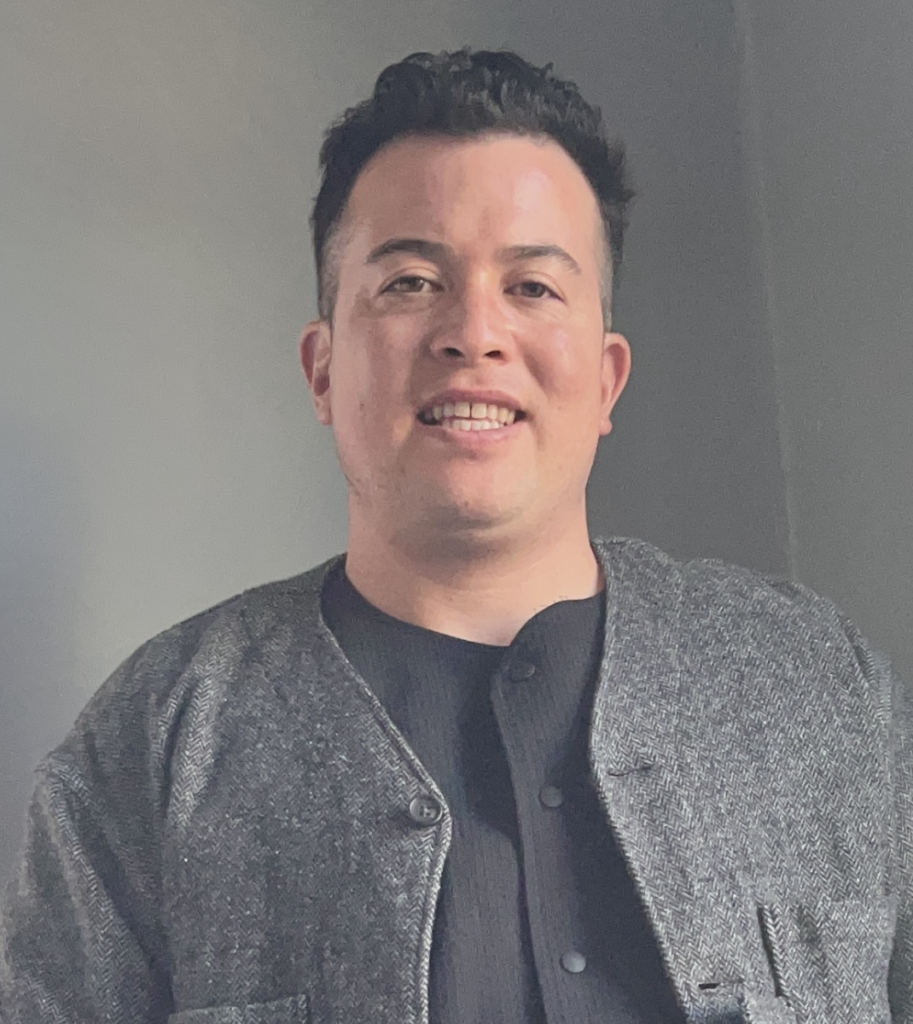The 2022 Annual Meeting is fast approaching! Below are some useful tips to help you prepare so you can have the best conference experience possible.
The address of the Arizona Grand Resort & Spa is 8000 S. Arizona Grand Parkway, Phoenix, AZ 85055.
Conveniently located less than 10 minutes from Sky Harbor International Airport, Arizona Grand is easily accessible via I-10 and US-60, offering quick connections to numerous other major freeways.
The Arizona Grand Resort & Spa does not provide a shuttle to and from the airport. An Uber/Lyft fare is estimated to be $20-$30 depending on the time of day. Alternatively, you can contact the resort’s Valet Services to assist with transportation arrangements at 602.438.9000.
Other nearby accommodations to the conference site include (all within one mile): Ramada by Wyndham Tempe/At Arizona Mills Mall, TownePlace Suites by Marriott Tempe at Arizona Mills Mall, SpringHill Suites Tempe at Arizona Mills Mall, Sonesta ES Suites Tempe
Note: These hotels do not provide shuttle transport.
Projected Weather:
Sunday, November 27 – High: 69 Low: 46
Monday, November 28 – High: 69 Low: 45
Tuesday, November 29 – High: 67 Low: 45
Wednesday, November 30 – High: 68 Low: 44
Thursday, December 1 – High: 75 Low: 51
Friday, December 2 – High: 73 Low: 48
Saturday, December 3 – High: 68 Low: 43
In addition the dining options at the property, there are a number of places nearby. Below is just a sampling of places close to the Arizona Grand.
Starbucks – 2415 W Baseline Rd., Tempe, AZ 85283
In-N-Out Burger – 2405 W Baseline Rd., Tempe, AZ 85283
Arizona Mills Shopping Center – 5000 S Arizona Mills Cir, Tempe, AZ 85282
Fry’s Food and Drug – 2700 W Baseline Rd., Tempe, AZ 85283
Chanpen Thai Cuisine – 2700 W Baseline Rd., Tempe, AZ 85283
Boba & Donuts – 2700 W Baseline Rd., Tempe, AZ 85283
The association is thrilled to hear from LRA President David Yaden, Oscar S. Causey Award Recipient Arlette Willis, Distinguished Scholar Award Recipient Guadalupe Valdés, the esteemed Bryan Brayboy, the acclaimed Angela Valenzuela, and an Integrative Research Review Panel which includes panelists Allison Skerrett, Catherine Compton-Lilly, Marcus Croom, and Mary McVee.
The online program can be viewed on LRA’s All-Academic site. The pdf program will be released in the coming days. Registrants will be notified as soon as it is published.
Voted one of the “Top 10 Fitness Facilities in Arizona” the 20,000 square foot Arizona Grand Athletic Club is open from 5am – 8pm Monday thru Friday and from 6am – 8pm Saturday and Sunday.
Please do not tape, tack or pin paper, signs, or any other materials to walls or structures belonging to the hotel. Doing so damages paint and wall paper by leaving holes, adhesive or peeling.
You can view the latest COVID recommendations here. To register for the LRA conference, please visit the LRA website.















 The Literacy Research Association is honored to announce that President David B. Yaden will be delivering his Presidential Address at this years LRA 72nd Annual Conference. Dr. Yaden’s address, titled “Chasing Shadows : Why There Cannot be a ‘Simple’ Science of Literacy” will contest the narrow perceptions of what has been called the science of reading movement, and will focus upon another contender for the science throne—that of Developmental Science. Using examples from emergent bilingual children’s early writing, he will attempt to show that any “simple” model of reading not only wastes useful data about children’s literacy performances but conflates the data with static states of being which reduce the conceptual complexity of literacy development. Developmental Science is a branch of psychology with deep roots in the child study movement and was established around the turn of the 20th century. It is field devoted to studying development “in motion.” L. S. Vygotsky was a key figure in this movement early on, although under the name of pedology, and contributed substantially to the foundation principles in the field. Developmental Science’s definitive scholarly voice has been carried on and consistently represented by subsequent volumes of the Handbook of Child Psychology (1946, 1954, 1970, 1983, 1998, 2006) with its most recent edition entitled the Handbook of Child Psychology and Developmental Science (2015). Although Vygotsky himself passed long before the first volume was published in 1946, his perspectives on child development, learning, and literacy are well represented, nonetheless. Dr. Yaden’s contention is that models based upon the science of reading demand a slavish focus on the alphabet and figural convention. However, current research in Developmental Science urges to do the opposite, as did Vygotsky, Piaget, and other developmental theorists such as Urie Bronfenbrenner, Gerald Edelman, and Michael Tomasello. Developmental Science challenges the literacy field to embrace the complexity of the developmental processes, and as Vygotsky further argued, “bring the child to an internal understanding of writing” in whatever language that may be.
The Literacy Research Association is honored to announce that President David B. Yaden will be delivering his Presidential Address at this years LRA 72nd Annual Conference. Dr. Yaden’s address, titled “Chasing Shadows : Why There Cannot be a ‘Simple’ Science of Literacy” will contest the narrow perceptions of what has been called the science of reading movement, and will focus upon another contender for the science throne—that of Developmental Science. Using examples from emergent bilingual children’s early writing, he will attempt to show that any “simple” model of reading not only wastes useful data about children’s literacy performances but conflates the data with static states of being which reduce the conceptual complexity of literacy development. Developmental Science is a branch of psychology with deep roots in the child study movement and was established around the turn of the 20th century. It is field devoted to studying development “in motion.” L. S. Vygotsky was a key figure in this movement early on, although under the name of pedology, and contributed substantially to the foundation principles in the field. Developmental Science’s definitive scholarly voice has been carried on and consistently represented by subsequent volumes of the Handbook of Child Psychology (1946, 1954, 1970, 1983, 1998, 2006) with its most recent edition entitled the Handbook of Child Psychology and Developmental Science (2015). Although Vygotsky himself passed long before the first volume was published in 1946, his perspectives on child development, learning, and literacy are well represented, nonetheless. Dr. Yaden’s contention is that models based upon the science of reading demand a slavish focus on the alphabet and figural convention. However, current research in Developmental Science urges to do the opposite, as did Vygotsky, Piaget, and other developmental theorists such as Urie Bronfenbrenner, Gerald Edelman, and Michael Tomasello. Developmental Science challenges the literacy field to embrace the complexity of the developmental processes, and as Vygotsky further argued, “bring the child to an internal understanding of writing” in whatever language that may be.